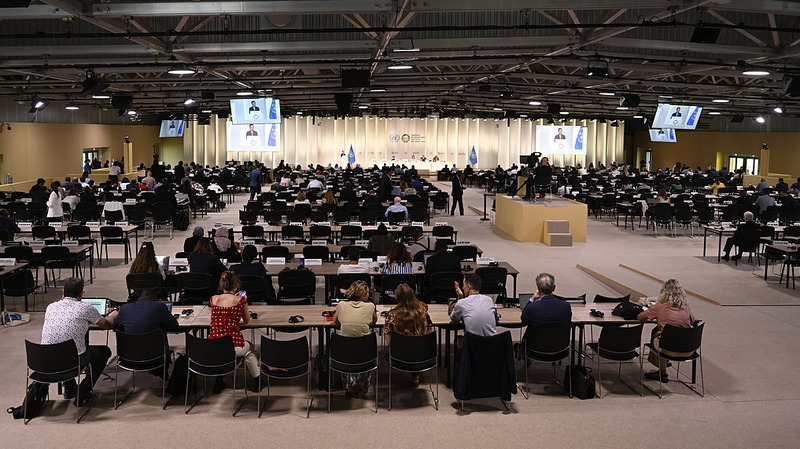A groundbreaking study led by Australia’s James Cook University (JCU) has revealed that human-induced ozone emissions are significantly diminishing the ability of tropical forests to absorb carbon dioxide (CO2), a crucial process in combating climate change.
The research, conducted in a state-of-the-art facility in Cairns, Queensland, assessed how elevated ground-level ozone affects various tropical tree species. By integrating these findings into a global vegetation model, the team discovered a stark decline in the annual net primary productivity (NPP) of tropical forests.
Alexander Cheesman, the study’s lead author from JCU and the University of Exeter, emphasized, “Current ozone levels caused by human activity have led to an average 5.1 percent reduction in NPP across all tropical forests between 2005 and 2014.” This decline translates to an estimated 17 percent decrease in the forests' ability to remove carbon from the atmosphere throughout the 21st century.
Ozone, while beneficial in the upper atmosphere by filtering harmful ultraviolet rays, becomes a pollutant at ground level when produced by human activities, contributing to smog and adversely affecting both human health and ecosystem productivity.
The researchers warn that ozone concentrations in tropical regions are expected to continue rising, posing a significant threat to ongoing and future forest restoration efforts. This decline in carbon drawdown capability underscores the urgent need for strategies to reduce ozone-forming emissions and protect these vital ecosystems.
Reference(s):
Ozone emissions reduce tropical forests' ability to store CO2: study
cgtn.com




